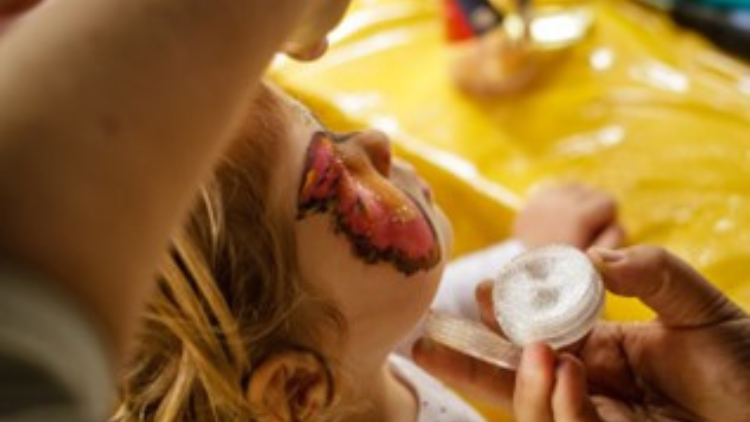Kellie Smith
Do you have safeguarding concerns? Maybe you’re worried about a child within your care, or your own setting has come under scrutiny. Either way, there is help and support at hand.
For anyone working within an early years setting, protecting the child from harm is always top priority. At its simplest level, this includes the policies and procedures you follow within your own setting. But it also extends to managing broader concerns about the child’s welfare both in the setting and at home. What do you do and who do you contact if you feel that something isn’t right? In short, while safeguarding has a straightforward goal – keeping the child safe from abuse, accidents and maltreatment – it shapes up to be a large and complex topic. It can also be a real source of anxiety for providers, whether you’re concerned about a child within your care or are facing allegations from others yourself. Providers understandably worry about raising issues, often concerned about the impact this will have on their relationship with a family and any potential ramifications on themselves as a provider. Along with facing allegations or had concerns raised in relation to a providers own practice, this is understandably a challenging time.
What kind of safeguarding concerns might be raised?
Ivy Rose Owusu-Baah, a Northampton-based childminder comments that safeguarding concerns can take many forms. It could involve any form of neglect – a child coming to you and the duty of care not being adhered to. It is important for providers to use their professional curiosity to explore and understand what is happening within a family rather than making assumptions or accepting things at face value. Sometimes it can be information given by the child that raises your concerns, in some situations, a child may disclose information that you need to take action on, in others it may be that there are a number of incidents that together are causing concern. You should always contact the relevant authority (the local safeguarding partner in England or Local Authority social services department in Wales) if there’s a concern. Failing to do so can constitute bad practice on your part. “Our duty is to keep children safe, and if your gut feeling is telling you the child is not safe, you do have to think the unthinkable and believe the unbelievable,” says Caroline Chalke, Safeguarding Lead at Herts for Learning. “If you have a concern, you need to share that with the appropriate authorities, because you may be holding a vital piece of information.”
“It is important for providers to use their professional curiosity to explore and understand what is happening”
What should you do if an allegation is made against you?
In practical terms, if an allegation is made against you, a staff member or additionally for childminders, a family member, friend or visitor, you’ll need to start by notifying your regulatory body, relevant local authority and insurer. Ofsted or CIW would then need to be informed. Stay professional and keep things confidential – this is not something to be splashed across social media. There may also be situations where legal representation is needed for example where an allegation relates to a contract dispute or if a practitioner is suspended by their regulator as a result of an allegation. Many providers will naturally be deeply worried at this stage, particularly if they’re a childminder or nanny who works alone. In the worst-case scenario, a safeguarding allegation could have a very real impact on their reputation or finances. For that reason, it’s important to do all you can to show you take safeguarding seriously. Complete regular safeguarding training, take ownership of your setting’s safeguarding policy and keep accurate records at all times. Record-keeping and building evidence to support concerns is key, not only does this support evidence needed in the case of a concern being raised, but it also demonstrates the setting’s professionalism. Remember that any allegation made will follow a set of procedures while an investigation to gather any evidence is carried out. In some cases, the allegation will be unfounded while in others further time may be needed before a decision can be made.
Support is available
While this can be a stressful time, you don’t have to shoulder the burden alone. The NSPCC Helpline can help with safeguarding situations you face at work. Whether you need advice and support, or reassurance on a current safeguarding incident their child protection specialists can help. The helpline can be used in conjunction with your organisations safeguarding policies and doesn’t have to be an emergency, you can call or message to talk through your concerns with trained professionals who will offer expert advice on what to do next.
Call on 0808 800 5000
Email help@nspcc.org.uk
Best practice within a setting
Ivy Rose Owusu-Baah follows a range of safeguarding practices within her setting. These include:
- Performing regular risk assessments
- Putting fire safety plans in place
- Asking visitors to sign a book on entry and departure
- Giving children high-vis vests during outings
- Keeping safeguarding training up to date and staying abreast of new information.
What resources does PACEY provide?
-
PACEY’s legal cover for childminders and nannies includes a counselling service and crisis communications



